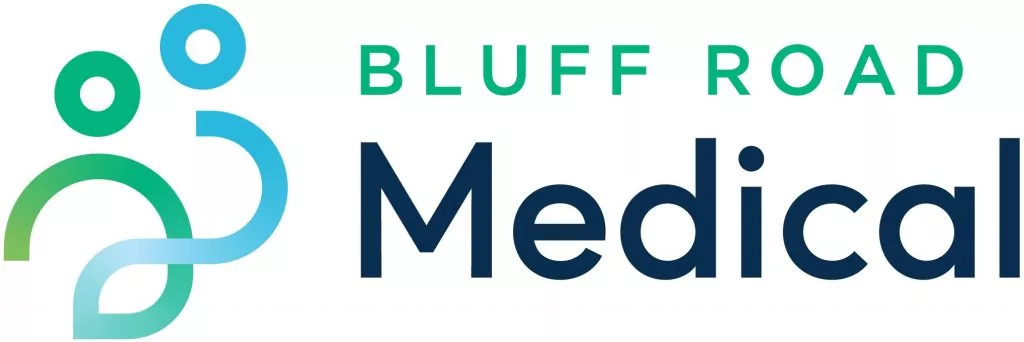Novel Coronavirus: What You Need To Know
The novel (new) coronavirus (2019-nCoV) has been widely publicised in the news recently, with many concerned about its arrival in Australia. Here’s what you need to know about the virus.
What is coronavirus?
Coronavirus is a family of viruses which cause a variety of illnesses. These can range from something akin to a common cold, to more serious diseases such as SARS (Severe Acute Respiratory Syndrome) and MERS (Middle East Respiratory Syndrome).
Novel (new) coronavirus (2019-nCoV) is a new strain of the virus.
Where did this new strain come from?
On December 31, 2019, the World Health Organisation was alerted to several cases of pneumonia in Wuhan City in Hubei Province, China. A week later, Chinese authorities confirmed it was a new virus.
Authorities have traced the virus to a live animal market in Wuhan which sold chickens, bats and other mammals.
It’s believed initially the virus was transmitted from animals to humans, but Chinese authorities have since confirmed the virus is spreading from person-to-person.
What are the symptoms?
- Fever
- Cough
- Sore throat
- Fatigue
- Difficulty breathing (this could be a sign of pneumonia, which requires immediate medical attention)
How many people have been infected?
According to the World Health Organisation, there were 4593 confirmed cases of novel coronavirus worldwide as at January 28, and 106 people had died from the virus. Outside of China, there were 56 confirmed cases in 14 countries.
In Australia, there have been six confirmed cases – four in New South Wales and two in Victoria.
When do symptoms show up?
It can take up to 14 days for symptoms to appear after an individual has been infected.
What should I do if I become sick?
The Australian Government Department of Health recommends the following.
If you develop mild symptoms:
- Isolate yourself from other people and put on a mask if you have one;
- Call a doctor or hospital and before making an appointment, do not just present to the waiting area unannounced due to contamination risk; tell them again about your recent travel history;
- When you get to the hospital, read any entrance signage carefully as you may need to be assessed in a special area, in your vehicle or as advised by the health team. Again, tell them again of your recent travel history and any symptoms.
In addition, if you have serious symptoms such as difficulty breathing or feel very unwell:
• Call 000 and ask for an ambulance and notify the officers of your recent travel history.
Victoria’s chief health officer is urging children or staff members who have been in close contact with a confirmed case of coronavirus not to attend school or childcare for 14 days after their last contact.
Is there a vaccine?
Not yet, but authorities are working on it. On Tuesday, scientists from Melbourne’s Peter Doherty Institute for Infection and Immunity became the world’s first lab outside of China to successfully copy the coronavirus.
Travel implications
The Australian Government Smartraveller website recommends Australians avoid travelling to Hubei Province. For those travelling to other destinations with confirmed cases of the novel coronavirus, it’s recommended you take precautions such as avoiding high-risk areas and washing your hands frequently. You can find more suggestions here.
For more help
Visit the Australian Government Department of Health’s website, www.health.gov.au, or call the Public Health Information Line on 1800 004 599. Alternatively, please give us a call and we will assist you further.
